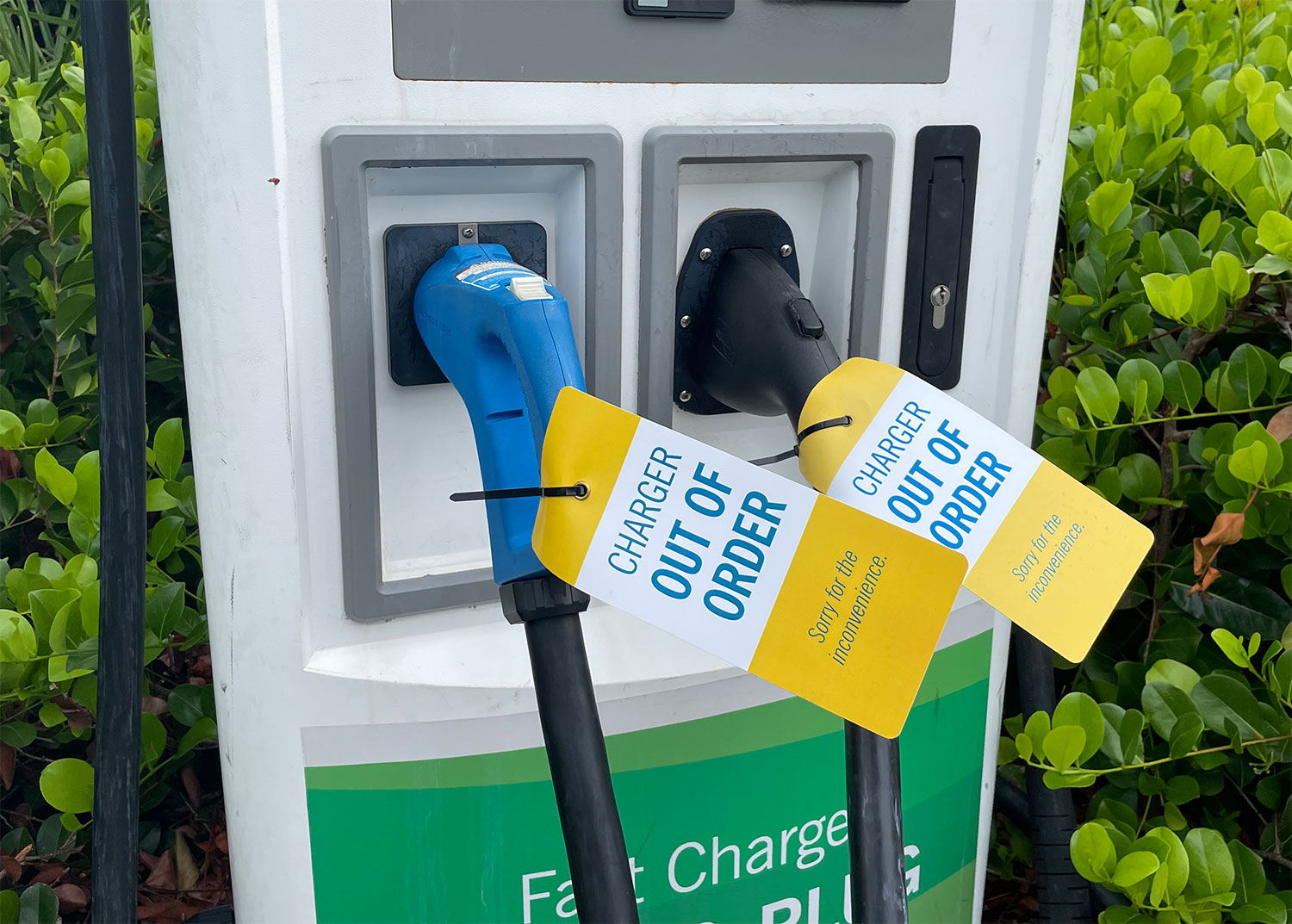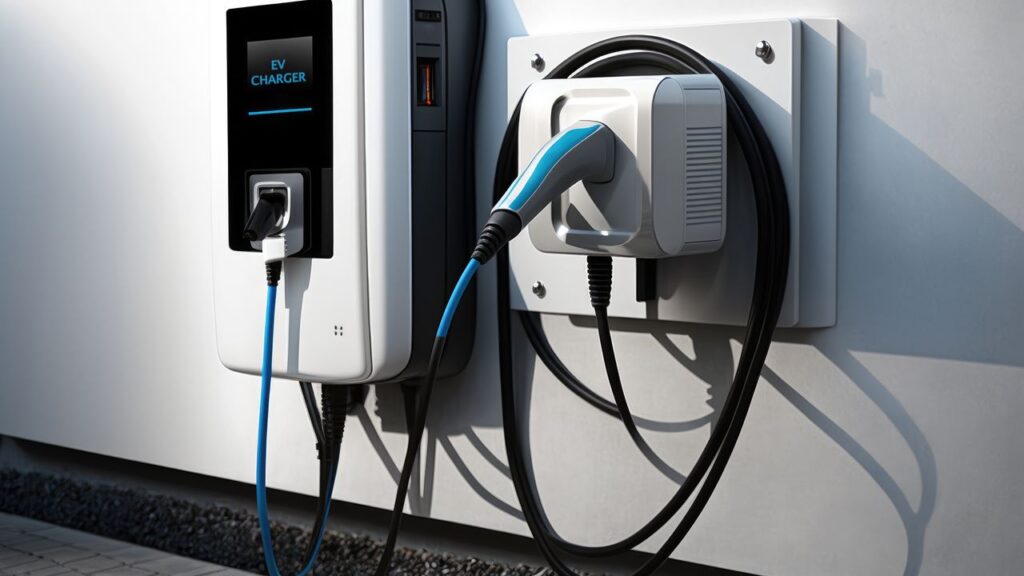As electric vehicles (EVs) gain popularity, the reliability of the EV charging network has become a critical factor in determining the rate of adoption.
While the transition to electric mobility promises environmental benefits and reduced dependency on fossil fuels, the effectiveness and reliability of the charging infrastructure play a significant role in shaping consumer confidence and, ultimately, the success of EV adoption.
Current State of EV Charging Networks
The EV charging network comprises various types of chargers, including Level 1 (slow), Level 2 (moderate), and Level 3 (fast or DC fast charging) stations.
These chargers are installed at various locations, such as homes, workplaces, public areas, and highway rest stops. Despite the growing number of charging stations, concerns about the reliability and availability of these chargers persist.
Key Issues with Charging Network Reliability:
1. Charger Availability: One of the primary concerns is the availability of charging stations. In some regions, the density of charging infrastructure is insufficient, leading to long wait times and inconvenience for EV owners. This issue is particularly pronounced in rural and remote areas where charging stations are sparse.
2. Charger Uptime: The reliability of charging stations is another critical factor. Chargers that are frequently out of service or malfunctioning can frustrate EV owners and deter potential buyers. Consistent maintenance and prompt repairs are essential to ensure that chargers remain operational.

3. Charging Speed: The time it takes to charge an EV can vary significantly depending on the type of charger used.
While DC fast chargers can replenish a battery quickly, slow or moderate chargers require longer charging times. Limited access to fast chargers can inconvenience users, especially during long-distance travel.
4. Compatibility Issues: Not all charging stations are compatible with every EV model. Differences in connector types and charging standards can create confusion and limit the usability of certain chargers for specific vehicles. Standardization of charging interfaces is necessary to enhance the user experience.
Also Read: Autonomous Car Accidents Raise Questions About AI Responsibility
Impact on EV Adoption
The reliability of the EV charging network directly impacts consumer confidence and willingness to adopt electric vehicles. Several factors illustrate this relationship:
1. Range Anxiety: One of the most significant barriers to EV adoption is range anxiety the fear of running out of charge without access to a charging station. Reliable and widespread charging infrastructure can alleviate this concern and encourage more consumers to consider EVs.
2. User Convenience: The convenience of charging is a crucial factor for EV owners. Reliable and accessible charging stations ensure that users can charge their vehicles as needed without disruptions. Convenience enhances the ownership experience and encourages more people to switch to electric mobility.
3. Market Growth: The growth of the EV market is closely tied to the expansion and reliability of the charging network. Automakers, governments, and private companies must collaborate to invest in robust charging infrastructure to support the increasing number of EVs on the road.
Solutions and Future Outlook
To address the challenges related to EV charging network reliability, several solutions can be implemented:
1. Infrastructure Investment: Increasing investment in the development and expansion of charging infrastructure is essential. Governments and private entities should collaborate to build more charging stations, particularly in underserved areas.
2. Maintenance and Monitoring: Regular maintenance and real-time monitoring of charging stations can ensure that they remain operational. Implementing proactive maintenance schedules and using advanced monitoring systems can minimize downtime.

3. Standardization: Standardizing charging interfaces and connectors can enhance compatibility and simplify the charging process for users. Industry-wide collaboration is necessary to achieve uniform standards.
4. Public Awareness: Educating the public about the availability and reliability of charging infrastructure can boost confidence in EV adoption. Awareness campaigns and transparent information about charging networks can help alleviate range anxiety.
The reliability of the EV charging network is a crucial factor in the widespread adoption of electric vehicles. Addressing issues related to charger availability, uptime, speed, and compatibility is essential to build consumer confidence and encourage the transition to electric mobility.
By investing in robust infrastructure, maintaining high standards of reliability, and promoting public awareness, stakeholders can overcome these challenges and pave the way for a sustainable future.
Also Read: Vehicle Emission Standards, Fair Rules or an Attack on Consumers?

